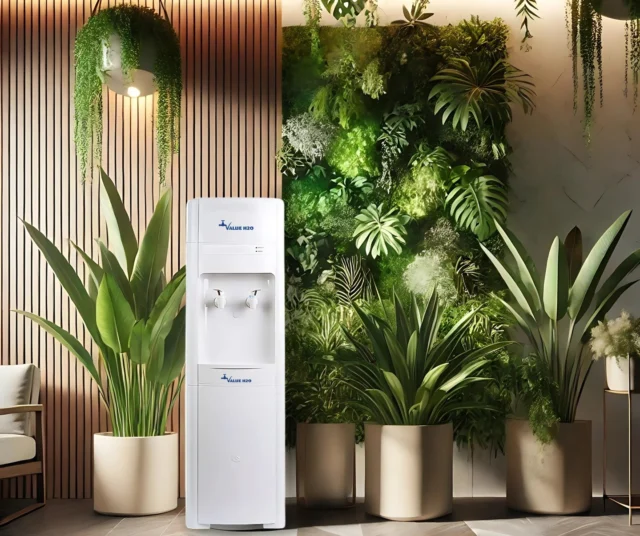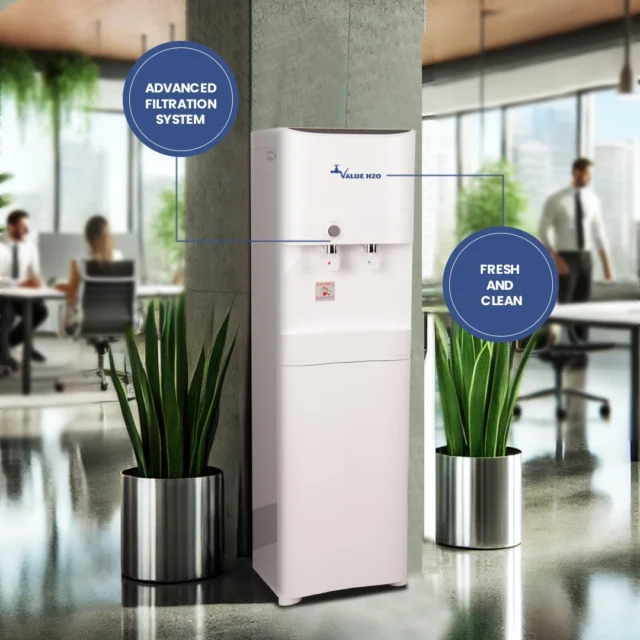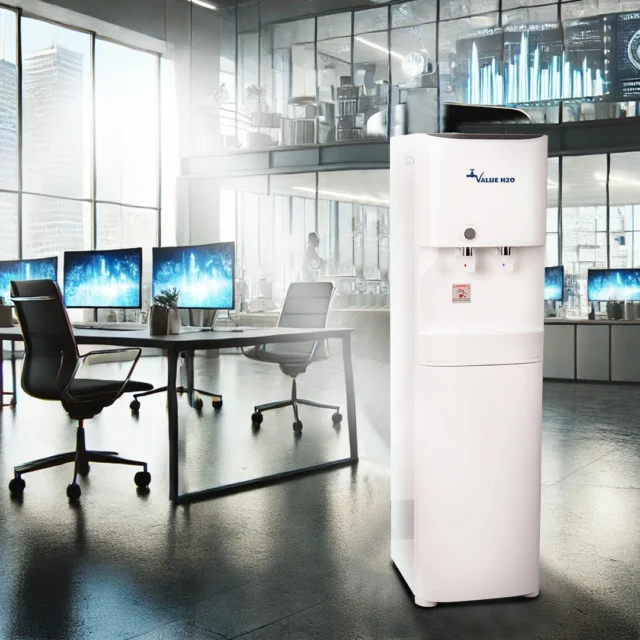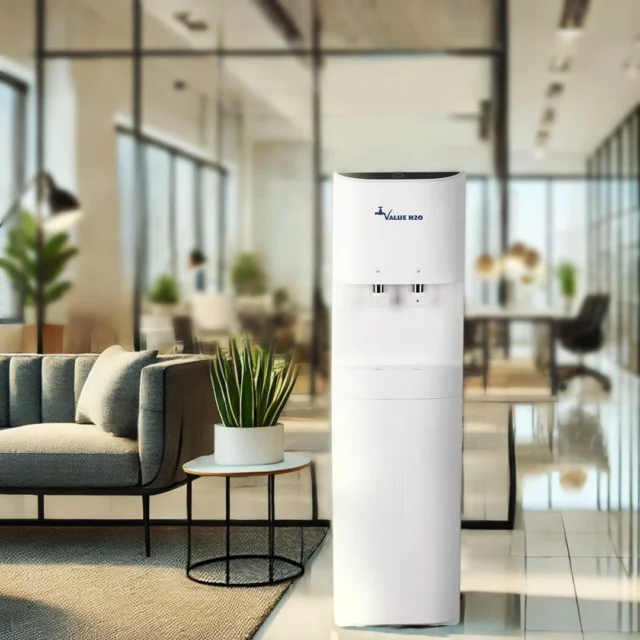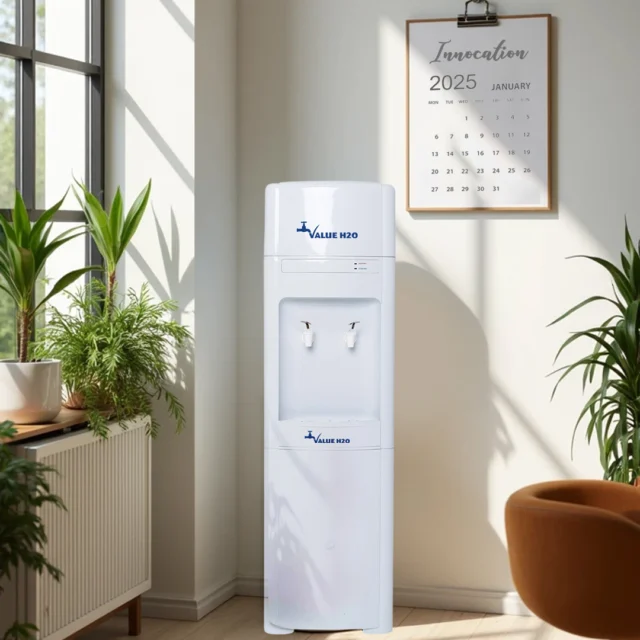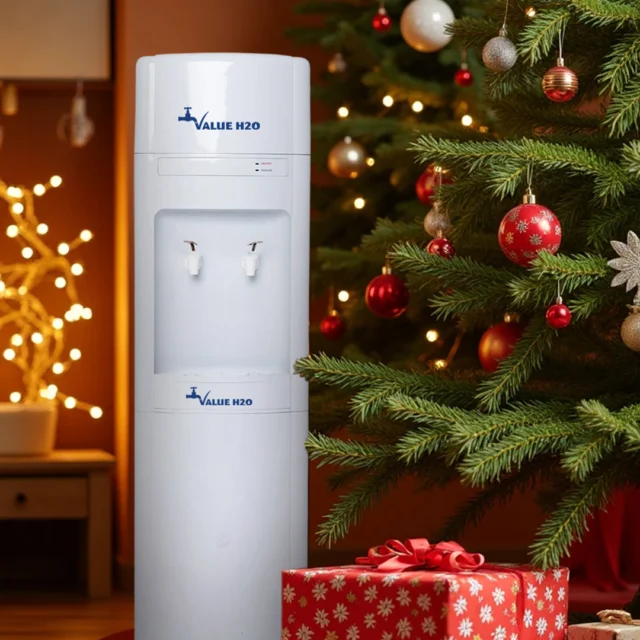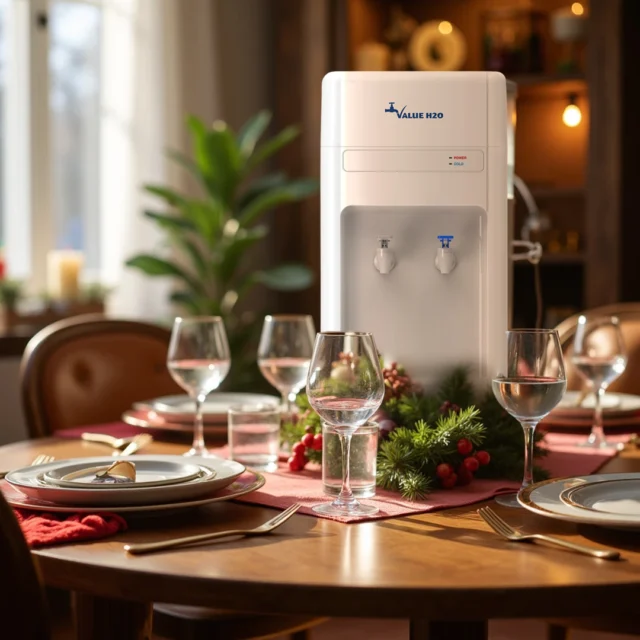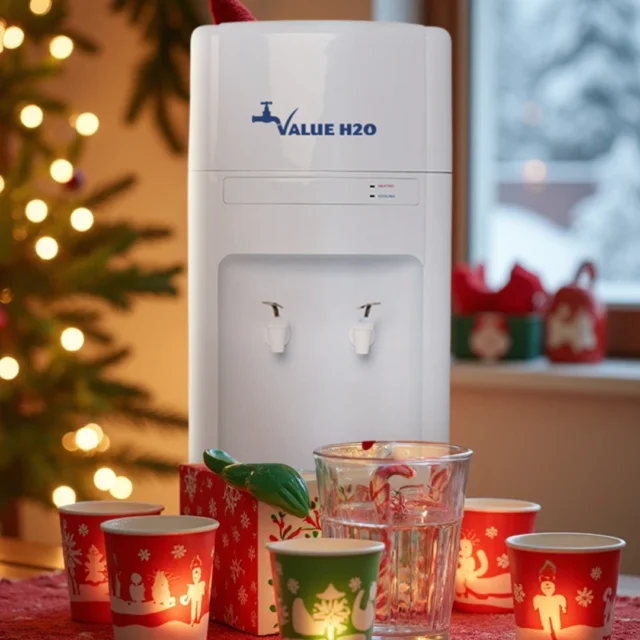
Introduction
As businesses and individuals become more conscious of their environmental impact, making sustainable choices in every aspect of daily life is increasingly important. Hydration, an essential need in any office or home, is no exception. One of the most effective ways to promote sustainability is by choosing environmentally friendly water coolers. These devices not only provide a convenient source of clean water but also contribute significantly to reducing plastic waste, conserving energy, and supporting a healthier planet.
The Shift Away from Plastic Bottles
Plastic pollution is a global environmental challenge, with billions of plastic bottles discarded every year. Many of these bottles end up in landfills, oceans, and waterways, causing long-term damage to ecosystems and wildlife. By opting for water coolers instead of single-use plastic water bottles, individuals and businesses can take a proactive step in reducing their plastic footprint. Water coolers provide a consistent supply of clean, filtered water without relying on disposable packaging, making them a simple yet impactful solution for sustainable hydration.
Reducing Plastic Waste with Refillable Bottles
Water coolers encourage the use of refillable bottles, which are a much more sustainable option compared to single-use plastic. By switching to refillable bottles, consumers can drastically reduce the number of plastic bottles they use and discard. This small change can make a big difference, particularly in offices or public spaces where bottled water is commonly consumed. Encouraging employees to bring their own reusable bottles or cups is an easy way to support sustainability efforts and reduce the amount of plastic waste generated by your workplace. Additionally, using refillable bottles with water coolers ensures access to healthy drinking water, which is beneficial for both personal health and the environment.
Energy Efficiency in Modern Water Coolers
When choosing an environmentally friendly water cooler, energy efficiency is a key consideration. Many modern water coolers are designed with energy-saving features that minimize electricity usage while still delivering cold or hot water on demand. These units often come with eco-modes or automatic shut-off functions that help conserve energy when the cooler is not in use. By selecting energy-efficient models, businesses can reduce their energy consumption and lower their carbon footprint, making hydration both convenient and sustainable.
Eliminating the Environmental Impact of Bottled Water Deliveries
Many businesses rely on regular bottled water deliveries to provide hydration for employees, but these deliveries come with their own environmental costs. The transportation involved in delivering bottled water adds to the business’s carbon emissions, while the bottles themselves contribute to plastic waste. By switching to a water cooler—especially a plumbed-in model that connects directly to the building’s main water supply—businesses can eliminate the need for bottled water deliveries altogether. This not only reduces the environmental impact of transportation but also cuts down on the plastic waste associated with bottled water.
Supporting Circular Economy with Water Coolers
Water coolers are a great example of how businesses and individuals can support the circular economy—a system where resources are reused, recycled, or regenerated rather than disposed of. By reducing the demand for single-use plastic bottles and encouraging the use of refillable containers, water coolers help create a more sustainable, resource-efficient environment. This shift towards reusable products not only benefits the planet but also aligns with growing consumer expectations for eco-friendly business practices.
Choosing Sustainable Materials in Water Cooler Design
When looking for an environmentally friendly water cooler, it’s important to consider the materials used in its construction. Many manufacturers now offer water coolers made from sustainable materials, such as recycled plastics or stainless steel, which have a lower environmental impact. Additionally, water coolers with longer lifespans reduce the need for frequent replacements, further minimising waste. By choosing models that prioritise sustainability in both design and function, you can ensure your hydration solution aligns with your environmental goals.
Health and Environmental Benefits of Water Filtration
Water coolers equipped with advanced filtration systems not only provide clean, safe drinking water but also reduce the need for bottled water. These filtration systems remove impurities and contaminants from tap water, delivering high-quality hydration, including both chilled and hot water, without the environmental costs of plastic bottles. This means that businesses and households can enjoy fresh water while making a positive contribution to reducing plastic waste. The dual benefits of health and sustainability make water coolers an ideal choice for eco-conscious consumers.
Long-Term Cost Savings with Sustainable Hydration
In addition to their environmental benefits, water coolers can also offer significant long-term cost savings. While the initial investment in a water cooler may be higher than purchasing bottled water, the ongoing savings from eliminating the need for regular water deliveries can add up quickly. Businesses that switch to water coolers can also save on waste disposal costs, as there is less packaging to manage. Over time, these cost savings, combined with the environmental benefits, make water coolers a smart and sustainable investment. Businesses can also choose to rent a water cooler, ensuring they always have access to a quality unit that is maintained in perfect working condition.
Conclusion: Making Hydration Sustainable
Sustainable hydration is an important part of any business or household’s efforts to reduce their environmental impact. By choosing environmentally friendly water coolers, you can help eliminate plastic waste, reduce energy consumption, and support a more sustainable way of living. Whether you’re looking to make your office greener or simply want a more eco-friendly way to stay hydrated at home, water coolers offer a practical and impactful solution. It’s a small change that makes a big difference—for both the planet and your peace of mind.
FAQ’s
Are water coolers environmentally friendly?
Yes, water coolers are environmentally friendly, especially when compared to single-use plastic bottles. They encourage the use of refillable bottles, reducing plastic waste, and many models are energy-efficient, minimising electricity consumption. Plumbed-in coolers eliminate the need for bottled water deliveries, further reducing their environmental impact. Some water coolers also offer the option of using premium spring water, which is a refreshing and natural choice for hydration.
What to look for when buying a water cooler?
When buying a water cooler, consider factors such as energy efficiency, the type of filtration system, ease of maintenance, and the size of the unit. Look for models with eco-friendly certifications, and if possible, choose a plumbed-in system to reduce reliance on bottled water deliveries. The materials used in the cooler, such as stainless steel or recycled plastics, are also worth considering for sustainability. Additionally, considering water cooler rental options can provide flexibility and ensure regular maintenance and service.
What is the most environmentally friendly way to drink water?
The most environmentally friendly way to drink water is by using a refillable water bottle and accessing filtered tap water from a water cooler. This method eliminates the need for single-use plastic bottles and reduces the environmental costs associated with the production, transportation, and disposal of bottled water.
Additionally, using a water cooler provides access to ice cold water, which is both refreshing and environmentally friendly.
What are the issues with water coolers?
Some potential issues with water coolers include the need for regular maintenance and filter replacement to ensure clean water. If not maintained properly, water coolers can become a breeding ground for bacteria. Additionally, older or less energy-efficient models may consume more electricity, though modern designs address these concerns with energy-saving features.
Some water coolers also provide warm water, which can be convenient for making beverages like tea or coffee.
